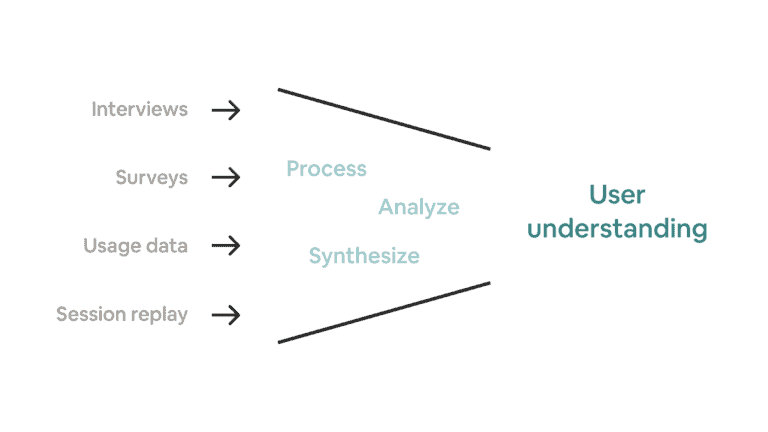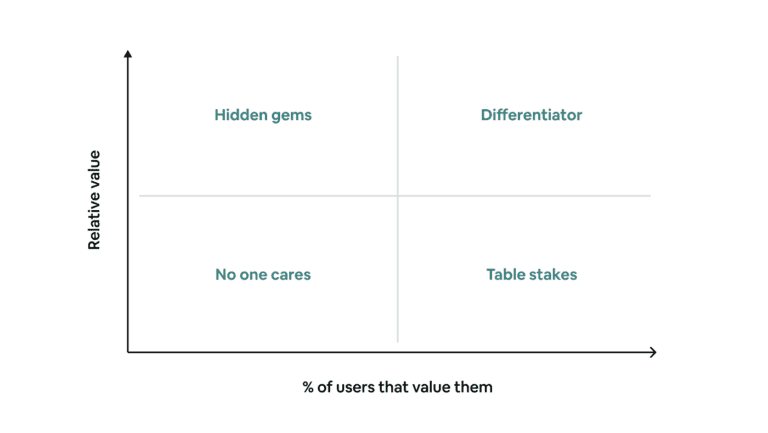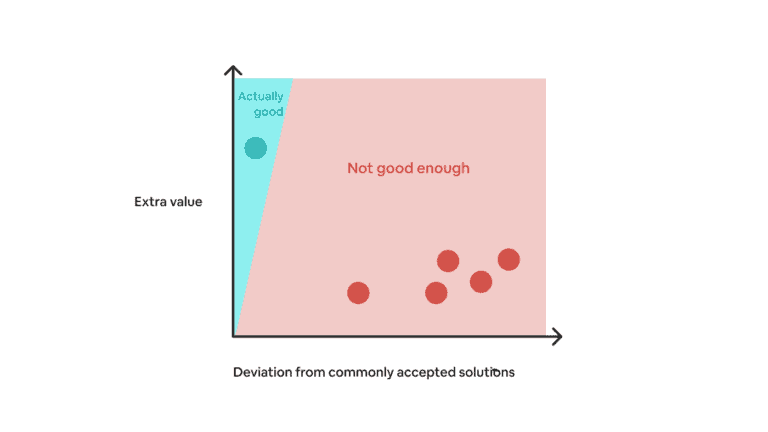Many product managers like the idea of being part of an early-stage startup (series A or earlier). These are often PMs who feel trapped in a big company, feeling that they are just a cog in the machine doing meaningless coordination work. They believe that a startup is where they get to have a bigger impact and let their product muscles shine.
While I can confirm that all of those assumptions are true, there are certain aspects of early-stage startups that most PMs are not ready for.
If you are considering joining an early-stage team, here’s what you need to know:
1. Be ready to get your hands dirty
You’ll have to do many of the following — create mockups in Figma, hack together MVPs with no-code tools, write marketing emails, piece together some JavaScript from StackOverflow, answer support tickets, google “what exactly is GDPR and SOC 2” 100 times, and even close some sales deals.
“This isn’t a PM’s job” will not be a valid excuse. No one is doing only their job at this stage.
If you just want to do “strategy,” this isn’t the right place for you.
2. Embrace the chaos and fix it
Your data will be wrong, tools will be missing, and an unexpected fire will start every time you go on a coffee break.
And process? What process?
If you can’t deal with the chaos, you won’t last long. But if you just accept the chaos as is, the company won’t last long.
You have to embrace all the mess while simultaneously finding ways to improve it.
3. Be a domain expert
As a PM, you’re not hired as a domain expert. You are hired as a product expert to help take the founders’ vision to the next level through good product management practices.
But to do that, you have to spend a lot of time understanding the domain you operate in, why the founders see things a certain way, what biases they have, what signals they are missing, etc.
If you can’t demonstrate a similar level of domain knowledge, you won’t be trusted to make crucial product decisions.
4. You are responsible for upgrading your skills.
At an early-stage company, you likely won’t have a senior product leader to define your career path and offer the mentorship you need.
If you can’t proactively find ways to upgrade your skills, you will be the one that gets “upgraded” as the company scales to the next stage, even if you did a lot to help the company get there.
I know this sounds cruel, but it is the reality. Even founders get kicked out when their skills can’t keep up with the company’s growth.
Having said all that, joining an early-stage startup can be an incredibly rewarding experience.
If you find these points exciting rather than daunting, you’ll have the opportunity to play a bigger role in shaping a product, work on a variety of fun projects, and most importantly, do all of this without any big corporate bureaucracy.
And if you do make the jump, check out some lessons I learned from my first rodeo.




